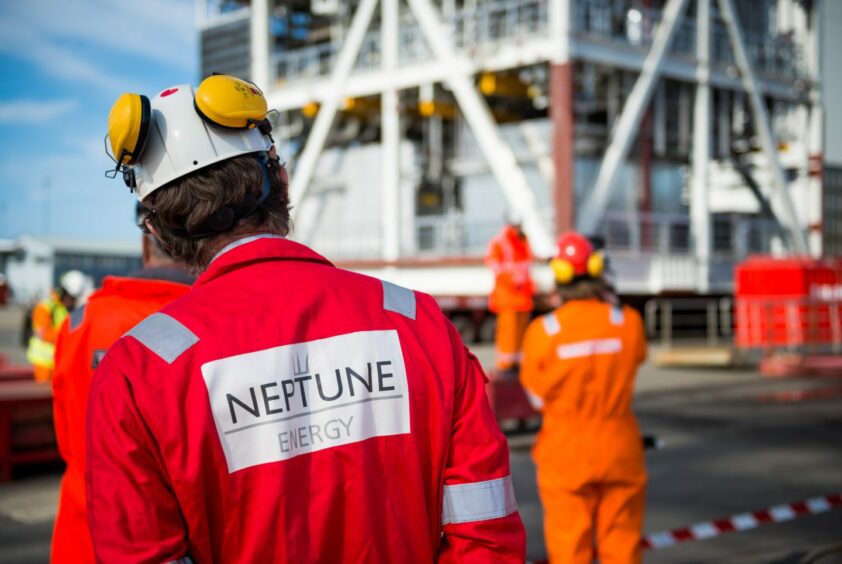
Neptune Energy made £627.84 million profit after tax, according to the company’s results from the first half of the year.
That’s up from £82.03m in the same period in 2021, an increase of £540.91m for the North Sea operator.
Neptune also reported revenue of over £1.6 billion in the first half of this year, a massive increase from last year’s H1 revenue of £714.94m.
The UK contributed £74.01m to Neptune’s net operating profit, accounting for around 6% of the money it made in H1 2022.
However, the firm has shown its dedication to the UK energy sector, investing more, £81.78m, than the country contributed to its balance sheet. This accounts for 20% of Neptune’s capital expenditure in H1.
Neptune Energy’s chief executive, Pete Jones said: “Neptune delivered a good operational and financial performance in the first half of 2022, underpinned by higher production, prevailing commodity prices and tight cost control.”
The Neptune-operated Seagull project has made progress with one of two 2022 campaigns completed.
The first well has been perforated and clean-up operations are expected to be completed in August.
The subsea campaign was finished in May, including umbilical hook-up, installing subsea pipeline spools and leak testing the production pipeline system.
As for Neptune’s other UK project, Isabella, the drilling of an appraisal well is set to commence in September, with results due in the first half of 2023.
Production availability in the UK increased to 93% in the first half of 2022,
compared to 60% in the first half of 2021.
Production
Neptune’s results show a total gas production of 80.7 thousand barrels per day (kboepd) by the end of the first half of 2022, up from 72.8 kboepd in 2021.
Norway brought in the most gas for the company, rounding out the first half of the year with a production of 24.1 kboepd.
The UK was Neptune’s third highest producer of gas with 16.6 kboepd, falling short of the Netherlands at 18.6 kboepd.
However, all countries except the Netherlands were up in gas production.
As for Neptune’s oil production, the company produced 25.7 thousand barrels per day (kbpd) in the first half of the year, an increase of 2 kbpd compared to the same timeframe from last year.
The UK did not contribute to the company’s oil production, while Norway was again Neptune’s most successful area, producing 18.5 kbpd, an increase from 2021 H1’s 15.9 kbpd.
Executive chairman of Neptune Energy, Sam Laidlaw said: “As countries around the world prioritise energy security, energy policy must support a stable and predictable investment climate to encourage new investment in additional sources of supply.
“Neptune continues to deliver its strategy of increasing production of lower carbon energy, while progressing plans to go beyond net zero through electrification and carbon capture and storage.”
Mr Jones added: “Near-term production growth will be supported by the successful restart of Snøhvit, with a further 47 kboepd of new production to be added by 2023 through our new projects.
“We continue to mature new opportunities across our global portfolio, providing further growth potential.”
Recommended for you

